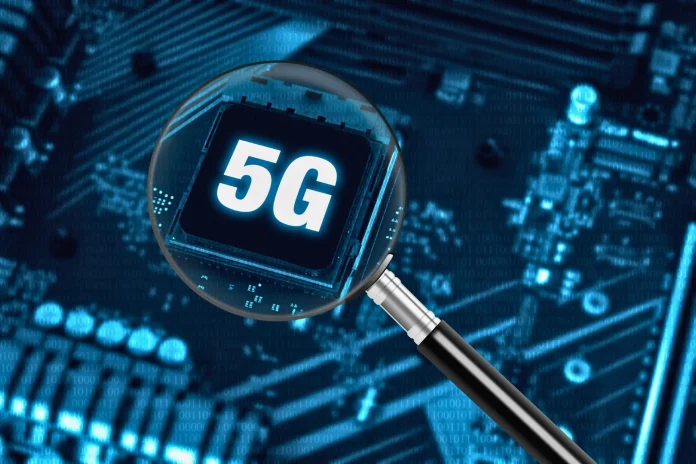In the digital age, the fusion of 5G networks and artificial intelligence (AI) ushers a new era of innovation. As these technologies come together, let’s delve into how AI and 5G work together to shape the future as they bring extraordinary speed, efficiency, and possibilities. This dynamic duo isn’t just transforming how we connect; it’s reshaping entire industries, from healthcare to smart cities. However, challenges in security and economics lead to these advancements, shaping the global landscape of 5G adoption.
How AI and 5G Work Together to Shape the Future
The collaboration between 5G and AI is at the heart of this transformation. Data analysis reaches exceptional levels by integrating AI algorithms with 5G networks. Network operators use AI to predict traffic patterns, optimize resource allocation, and ensure smooth connectivity even in bustling urban centers. This collaboration promotes us into a future where smart cities respond actively to citizens’ needs and remote medical procedures become commonplace.
Speed, Latency, and Connectivity of 5G
What sets 5G apart are its remarkable speed, near-zero latency, and expansive bandwidth. With download speeds reaching 10 Gigabits-per-second, 5G enables fast data transfers, making lag-free virtual interactions a reality for all. Its low latency opens doors to real-time remote control, revolutionizing industries dependent on instant responses, such as healthcare and manufacturing. Additionally, the vast bandwidth ensures that billions of devices worldwide can smoothly communicate, paving the way for the Internet of Things (IoT) revolution.
Challenges with Security and Economic Complexities
Yet, as the world embraces this technological step, challenges emerge simultaneously. Security concerns appear large, especially with the virtualization of 5G. AI-driven cyber threats and the vulnerability of cloud-based systems raise alarms about the integrity of 5G networks. Simultaneously, the economic landscape experiences tremendous shifts. Techno-nationalism takes centre stage as countries compete for early technological dominance, but bans on specific vendors’ equipment come at a high economic cost, impacting market competition and rollout timelines.
5G and Health Impact
Questions about 5 G’s impact on health have surfaced between the excitement. The World Health Organization asserts that no adverse health effects are directly linked to wireless technologies, including 5G. While studies continue, misinformation surrounding 5 G’s health implications enhances the need for accurate information spread.
In this transformative journey of how AI and 5G work together to shape the future, responsible adoption and informed decision-making by users are most important. The promise of interconnected smart cities, immersive virtual experiences, and new medical advancements beckons as the world navigates security challenges, economic complexities, and health concerns. Embracing these advancements with awareness ensures that we unlock the full potential of this new technological convergence.



